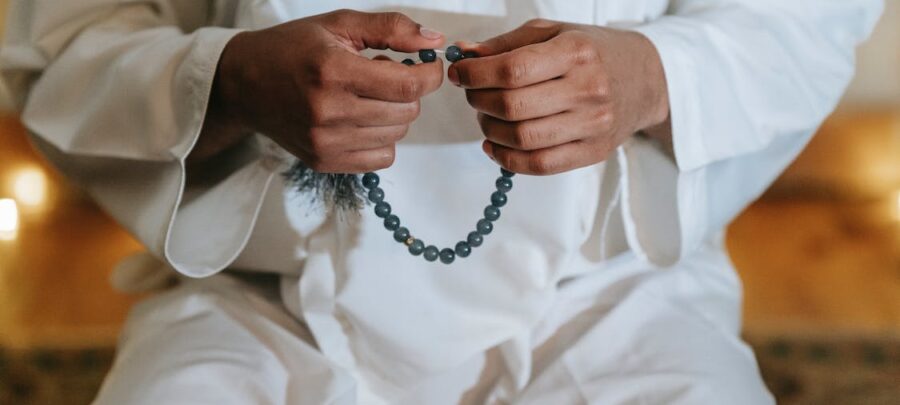We had the opportunity recently to attend a fascinating presentation by Dr. Yosef Khan from the Islamic Center of Irving, on the topic of providing end-of-life care for Muslim patients.
Dr. Khan explained that Islam provides guidance for followers on every aspect of life, including prayer, dress, diet, contact between men and women, and beliefs about suffering and death. Here are some practical tips that Dr. Khan recommended to help us create the respect and rapport necessary to provide effective care.
-
Muslims are sensitive to symbols, especially crosses which can be seen as worship of more than one God.
-
Modesty between the genders is extremely important. When entering the room of a Muslim patient, allow time for the patient to cover herself or himself. Touch and unchaperoned visits may make a Muslim patient of opposite gender feel uncomfortable. For opposite sexes, do not extend your hand for a handshake, but if the patient extends his or her hand, do reciprocate.
-
As an alternative to a handshake when meeting a Muslim patient, placing your right hand over your heart and bowing slightly as you say hello is a way to show respect.
-
Some patients avoid eye contact out of respect and modesty. Follow your patient’s lead, looking him or her in the eye intermittently for guidance.
-
When meeting a Muslim patient of the opposite gender, it can be helpful to have another staff person accompany you. Explain the service you are offering, and how it might help them to feel better. Assure them that they can remain completely covered if desired, but that lotion can be helpful on the skin if they are open to this. And then ask what would be helpful to them.
-
Inviting family members to participate in the massage is likely to be accepted by the patient. It is okay for a wife to touch her husband, or for another close family member to touch the patient (okay, for example, for a daughter to touch her father, or a sister to touch a brother).
-
Dying Muslim patients may request to face Mecca (northeast, in most of the US), or to have the Quran recited (there are cell phone apps for this). Upon death, the patient’s family will likely request that tubes be removed from the body by someone of the same gender. The body may be washed by members of the Muslim community and covered in white sheets. The eyes of the deceased should be closed.
-
Modesty after death is still very important.
-
The body is not to be embalmed or cremated. A simple funeral and burial usually occurs within 24 hours. There are cemetaries that specialize in Muslim burials.
-
A resource for more information is a book titled After Death, Life! By Ruqaiyyah Waris Maqsood, from Goodword Books.


